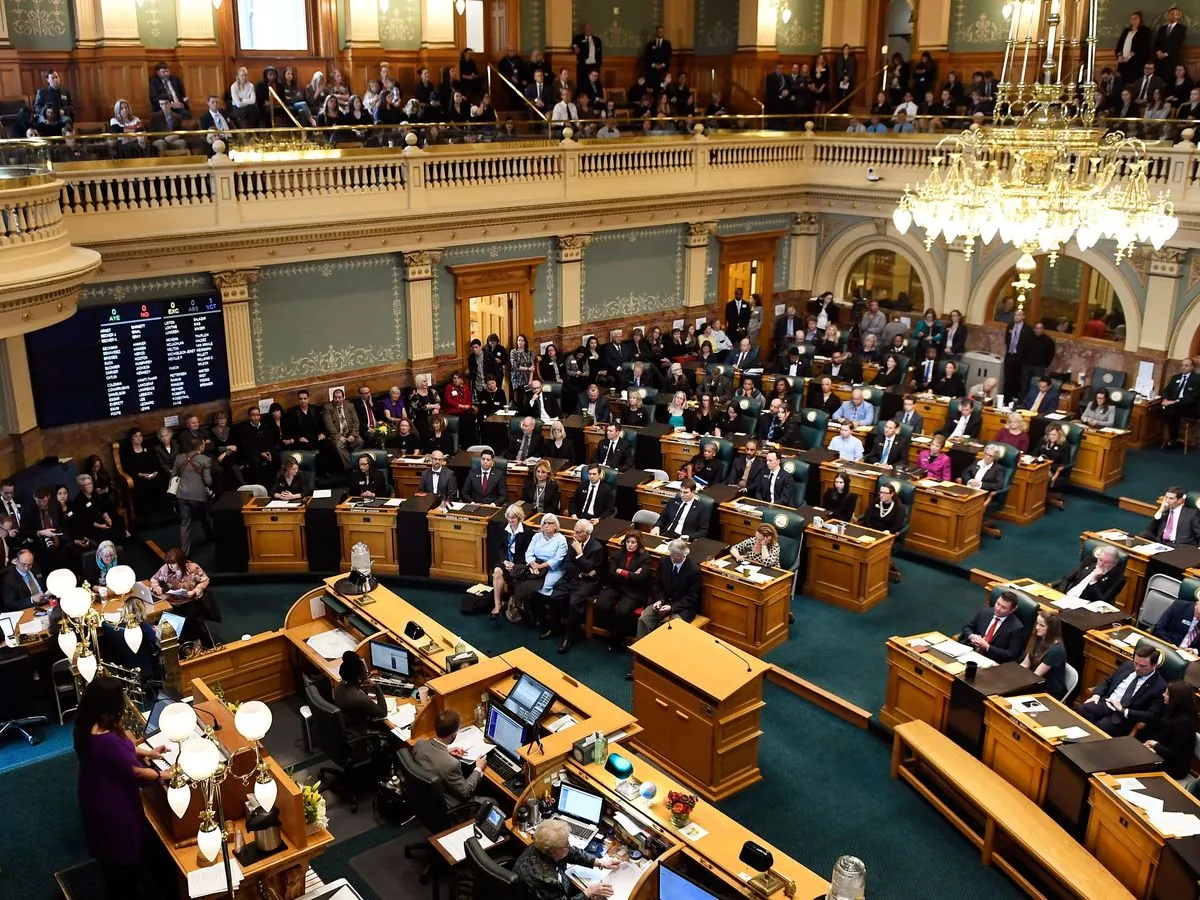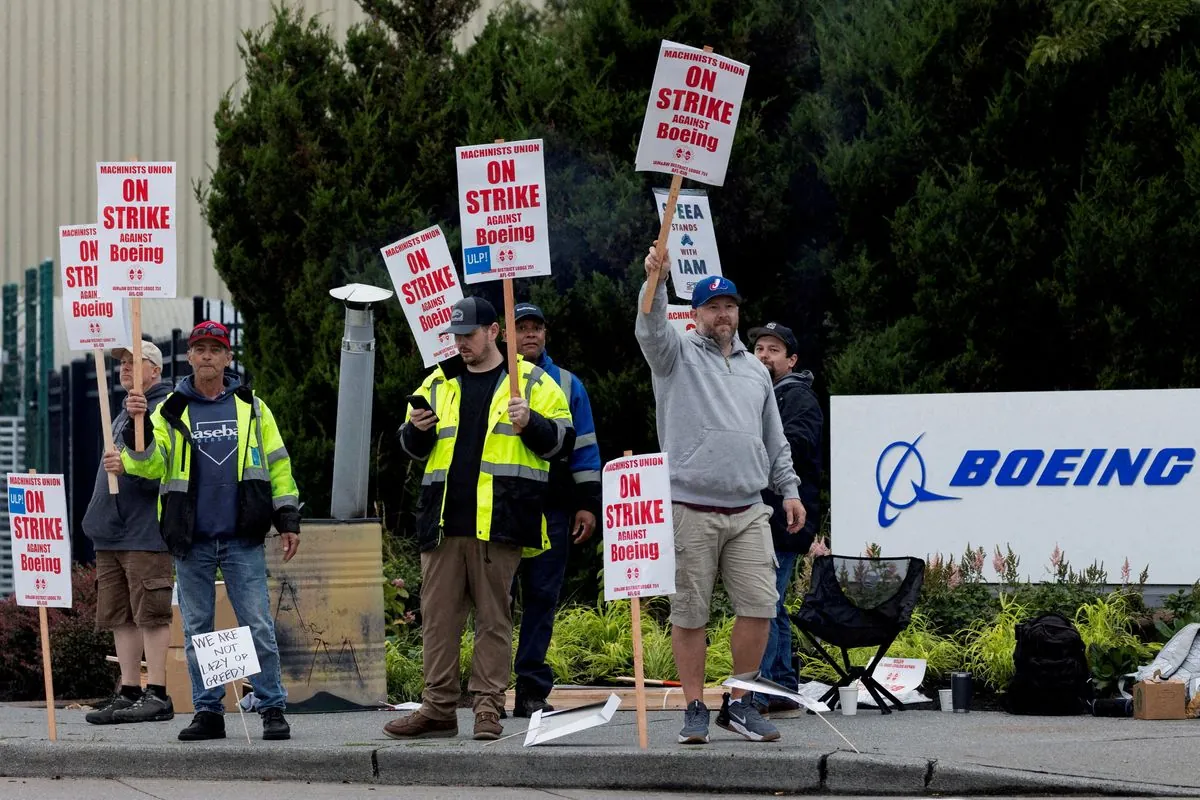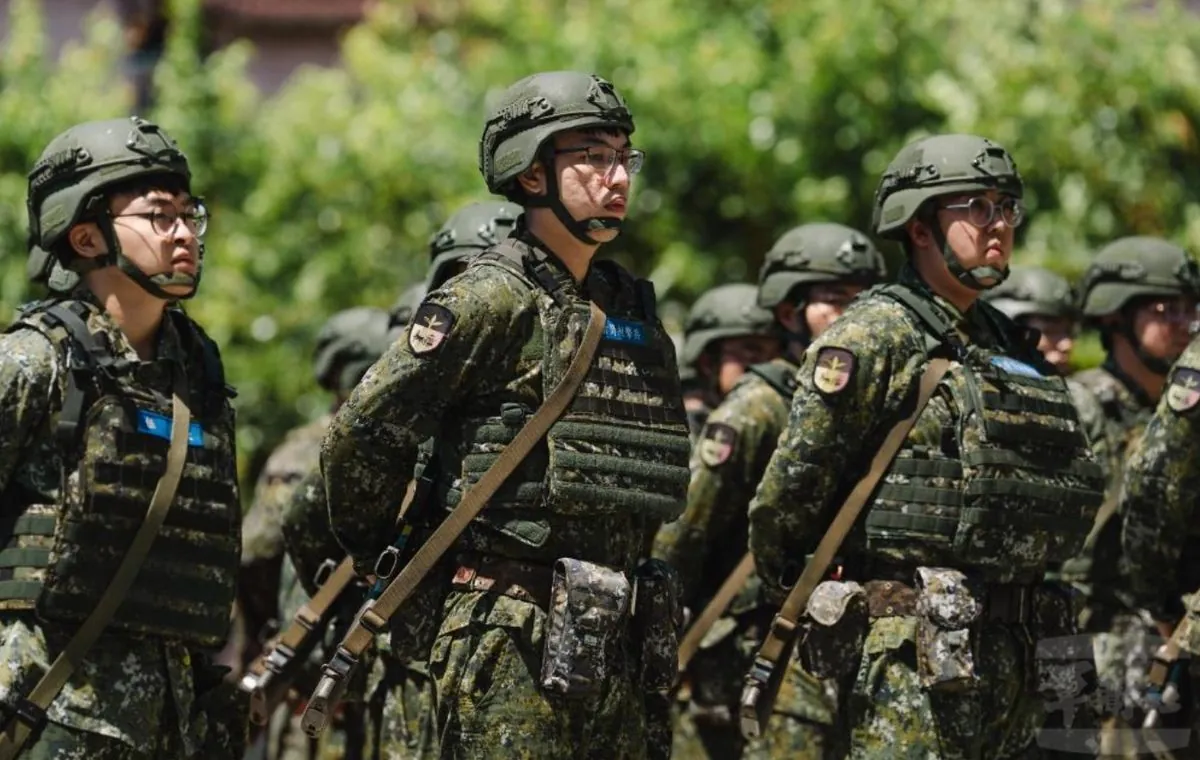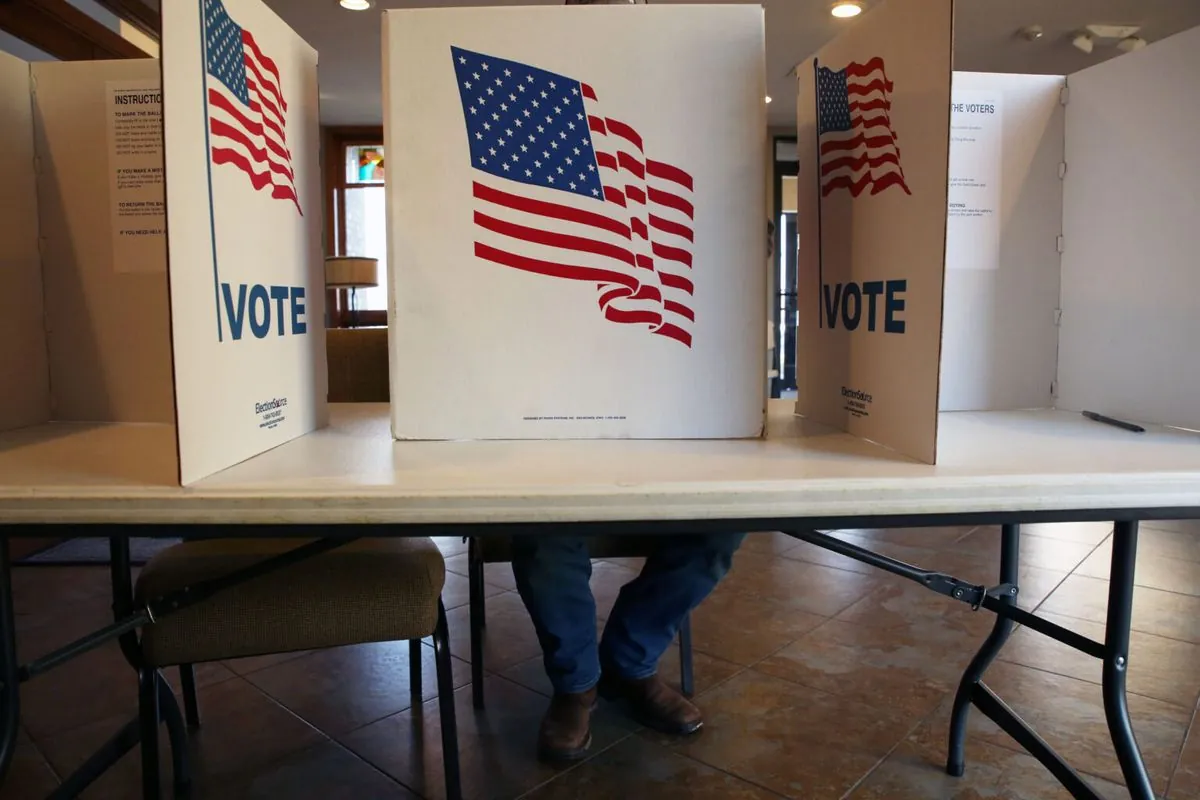U.S. Ambassador Defends Anti-Drug Cooperation Amid Mexican Concerns
U.S. Ambassador to Mexico addresses recent drug lord surrenders and judicial reform proposals. Emphasizes continued cooperation in combating drug crime while supporting trial time limits in Mexico.
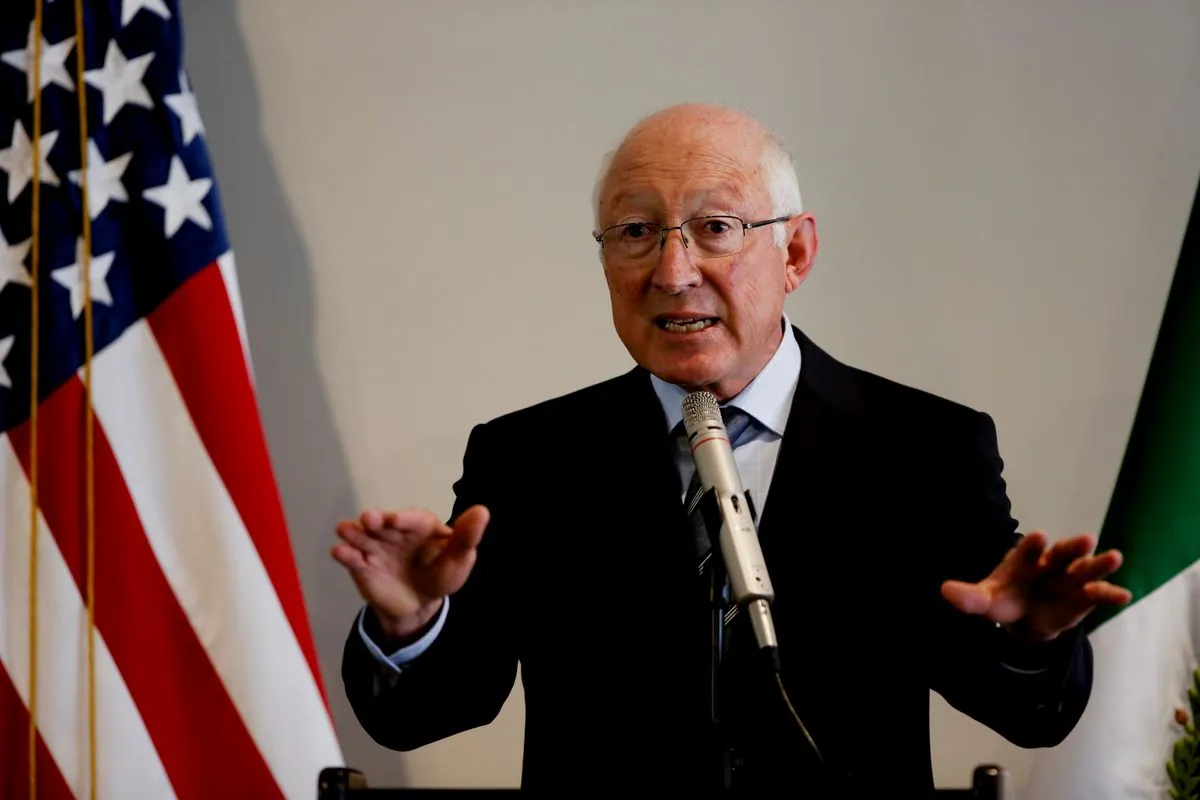
In a recent statement, Ken Salazar, the U.S. Ambassador to Mexico, addressed concerns regarding cross-border anti-drug efforts. This comes in the wake of Mexican prosecutors expressing dissatisfaction with the level of information sharing from American officials.
The controversy stems from an incident in July 2024, when two Mexican drug lords unexpectedly surrendered at an airport near El Paso, Texas. The event caught Mexican authorities off guard, as they were reportedly unaware of the operation. In response, on August 15, 2024, Mexico's Attorney General's Office took the unusual step of requesting information about the flight through Interpol.
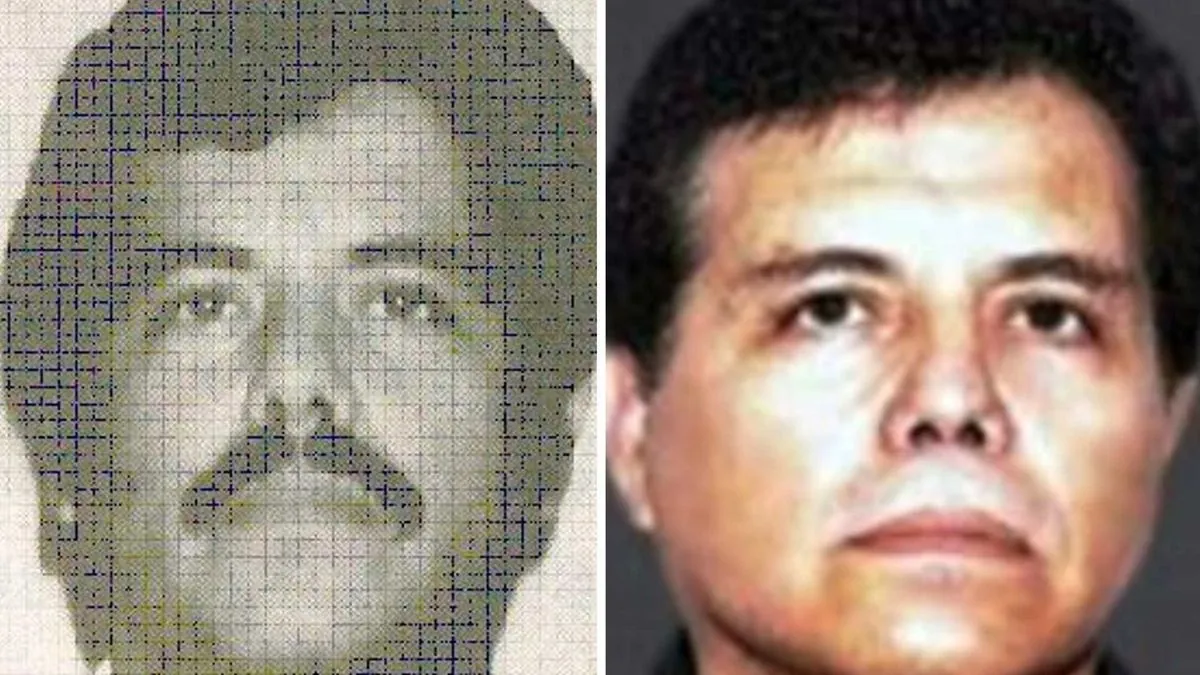
The surrendered individuals were identified as Ismael "El Mayo" Zambada and Joaquín Guzmán López, son of the imprisoned drug lord Joaquín "El Chapo" Guzmán. Both are associated with rival factions of the Sinaloa Cartel, one of the world's largest and most powerful drug trafficking organizations. Reports suggest that the younger Guzmán may have deceived Zambada into attending a meeting, resulting in their joint surrender to U.S. authorities.
Ambassador Salazar emphasized that cooperation in combating drug crime remains strong between the two nations. He noted that even U.S. officials were surprised by the arrival of the private flight carrying the drug lords. The incident highlights the complex nature of cross-border law enforcement operations and the challenges in maintaining seamless communication between agencies.
"The first thing is to get time limits for decisions, that seems like a good idea to me."
Addressing ongoing judicial reform proposals in Mexico, Salazar expressed support for one aspect of President Andrés Manuel López Obrador's suggested changes. Specifically, he favored the idea of implementing time limits on trials in Mexico. This proposal aims to address the issue of prolonged legal proceedings, which can sometimes span decades due to numerous appeals.
The ambassador cited two extradition cases involving leaders of the once-notorious Zetas Cartel as examples of the current system's inefficiency. These cases have remained unresolved for nearly a decade, highlighting the need for reform in Mexico's judicial process.
While Salazar refrained from commenting on the more controversial aspects of the proposed reforms, such as the election of judges, he emphasized that such decisions should be made by the Mexican people. The proposed changes to Mexico's judicial system have sparked debate, with some expressing concerns about potential impacts on judicial independence.
The ongoing discussions surrounding anti-drug cooperation and judicial reform underscore the complex relationship between the United States and Mexico in addressing shared challenges. As both nations continue to work together in combating drug trafficking, improving communication and streamlining legal processes remain key priorities for enhancing cross-border law enforcement efforts.






























